
Sustainability Design
We design healthier, more human workspaces.

Zenixspace has proved that ‘going green’ and commercial pragmatism can work in harmony.

We will assign a sustainability consultant to your project. They will evaluate the condition of each of the building’s specified system’s performance and your energy and operational goals, before you decide, which upgrades provide the most ROI for the new building.
As part of our project planning process, Zenixspace adopts best practice for sustainable planning and implements design principles for commercial fit-out which is aligned with WELL standards.
These principles include the following considerations:








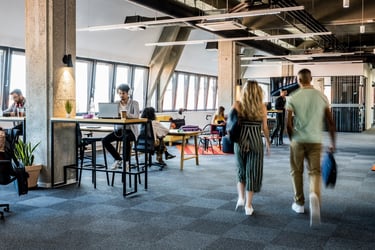











Air
Water
Nourishment
Light
Movement
Sound
Thermal Comfort
Materials
Mind
Community
Zenixspace partners with qualified and experienced assessors for the world’s most widely used rating tools, including BREEAM, WELL, LEED and Fitwel. We have also developed methodologies and tools to manage and simplify to process, from the initial workshop through to final certification.
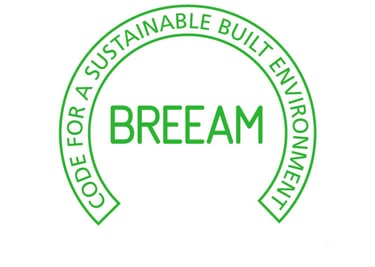

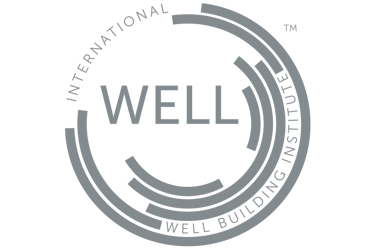

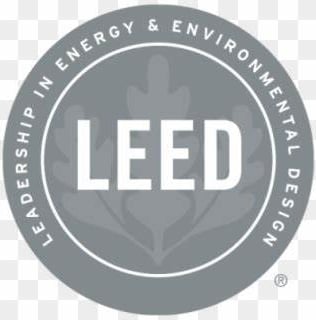

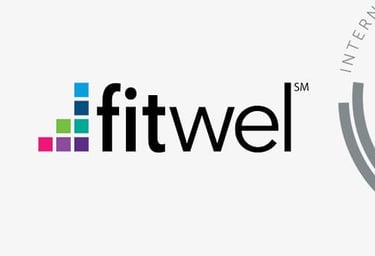



There can hardly be anything more important than our own health and well-being, and that of our loved ones.
An integrated design solution covering all aspects of sustainable design.
Our design process always incorporates sustainability, including:


Best Practise Planning
A healthy, happy workforce is a vital component of a productive, successful business in the long term. Staff costs, including salaries and benefits, typically account for about 90% of a business’s operating costs. It follows that the productivity of staff, or anything that impacts their ability to be productive, should be a major concern for any organisation.
Furthermore, it should be self-evident that small differences can have a large effect. What may appear a modest improvement in employee health or productivity, can have a significant financial implication for employers.
This equation is at the heart of the business case for healthy, productive offices.
Energy Efficiency Measures
Ethical & Sustainable Materials
Staff Well-Being
EPC Ratings
Compliance











In the evolving post-pandemic workplace, flexibility and adaptability have become essential. Rather than assigning fixed workstations, companies should explore shared workspace models, where employees access spaces as needed. This not only optimizes space usage but also encourages collaboration among team members.
Modern workplaces should embrace circular practices, focusing on reducing waste and keeping materials in use. A sustainable office must prioritize these principles, as they are increasingly expected by both employees and shareholders.
Introducing workplace changes can come with challenges, particularly when it comes to disposing of old furniture. Instead of sending it to landfills, companies should consider sustainable decommissioning options, such as repurposing, donating to charities, or recycling high-value materials. This is where organisations, such as Green Standards comes in, helping corporations and governments worldwide turn this challenge into an opportunity. Their work transforms potential waste into valuable contributions to the circular economy.
Reuse. Repurpose. Refurbish.
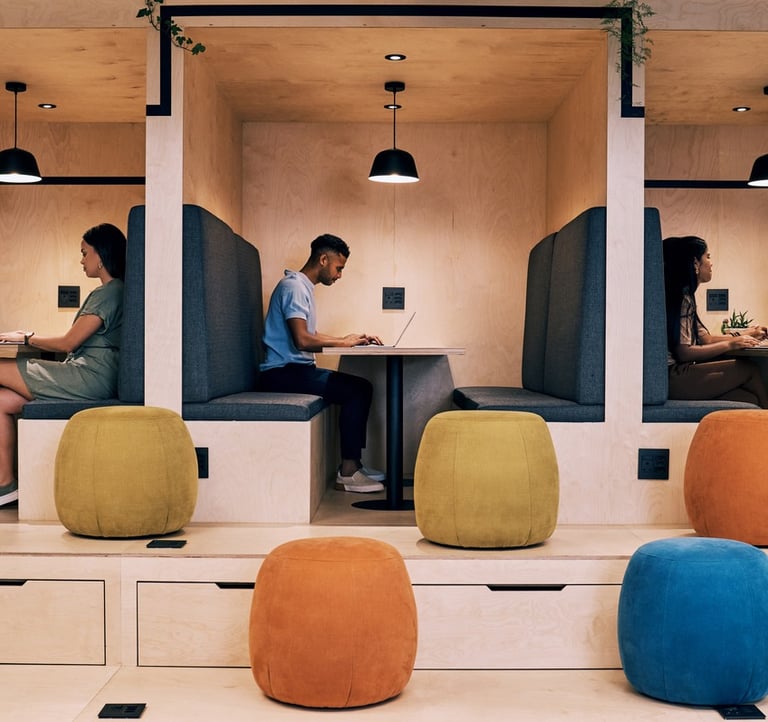

Sustainable decommissioning practices should be adopted to ensure that furniture and equipment are handled responsibly. This involves partnering with specialized organisations that can repurpose, recycle, or donate items that are no longer needed. With planning and expertise, a landfill diversion rate of more than 95% is very possible.
Measure and maximise the value of everything in your office.
A reimagined workplace should benefit everyone. Overcoming the obstacles to change demands a proactive approach, incorporating sustainable decommissioning methods and meaningful employee involvement. By fostering flexibility, adaptability, and innovation, companies can design workspaces that enhance collaboration, boost productivity, and increase employee satisfaction. The time to act is now; we can’t let the workplace of the future impede our progress in building the workplaces we need.
